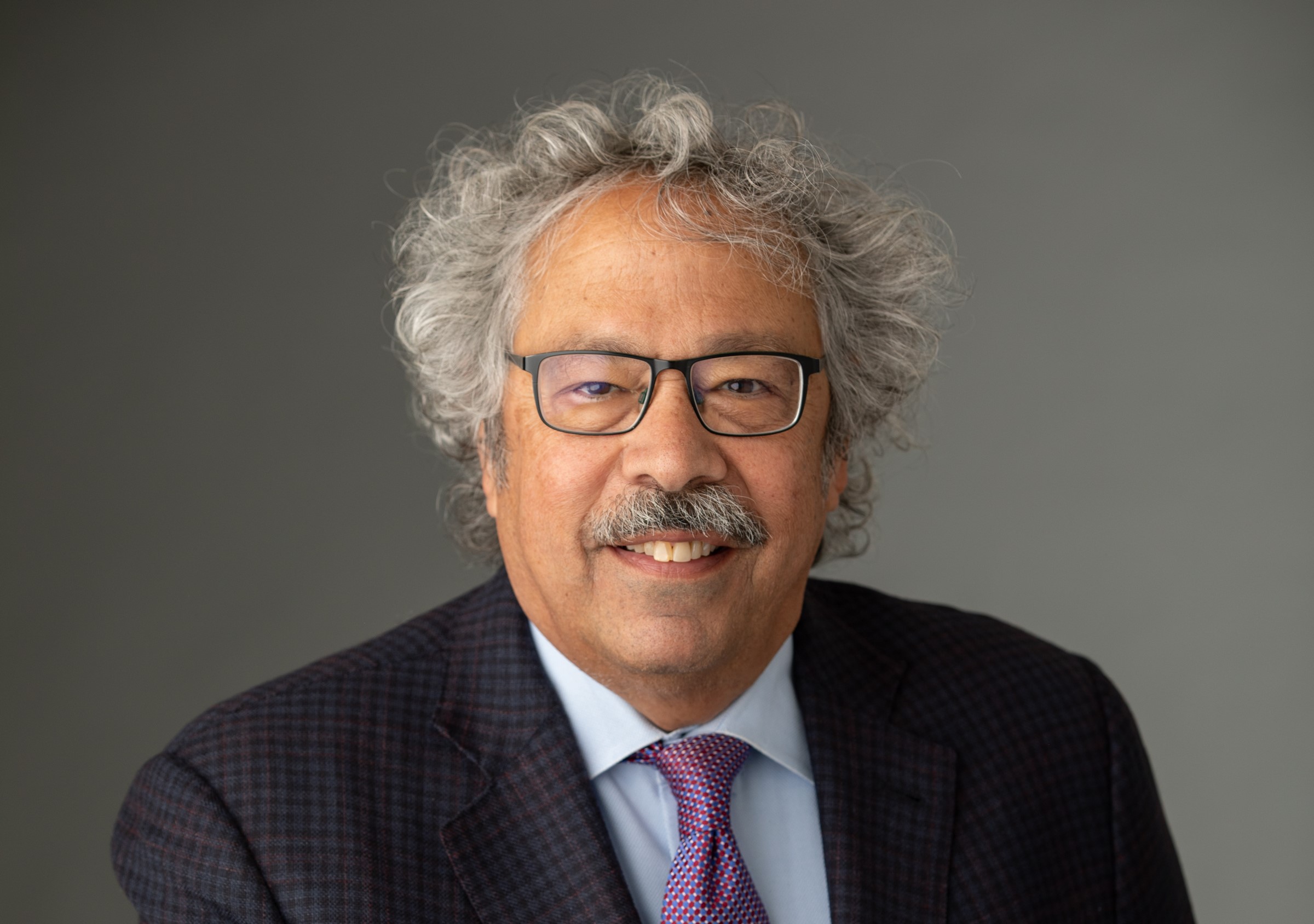Dr. Mitchell Cairo Awarded $2.6 Million Grant from Department of Defense for Pediatric Cancer Research
The National Translational Study Will Focus on Improving Outcomes for Children, Adolescents and Young Adults With Relapsed T-cell ALL/LL

The prognosis of children, adolescents and young adults with relapsed T-cell acute lymphoblastic leukemia and lymphoblastic lymphoma (T-cell ALL/LL) is dismal with less than a 25 percent overall survival, in large part due to mechanisms of chemoradiotherapy resistance. The few who survive require an allogeneic stem cell transplant, however, may still relapse after the treatment. Mitchell Cairo, M.D., professor of pediatrics, cell biology and anatomy, medicine and of pathology, microbiology and immunology, has been awarded a Department of Defense Translational Team Science Award of $2.6 million over four years to conduct a national translational study to improve patient outcomes by determining the mechanisms associated with resistance and developing and implementing novel immunotherapy to circumvent resistance.
The study will involve over 20 centers of excellence, with three leading institutions: New York Medical College, University of California – San Francisco (UCSF) and Children’s Hospital of Pennsylvania/University of Pennsylvania. An additional $1.5 million over four years was awarded to UCSF, and to Children’s Hospital of Philadelphia/University of Pennsylvania, making the total award to support the research study $4.1 million.
“This grant will provide the critical funding necessary to change the prognosis and outcome of children, adolescents and young adults with relapsed T-cell ALL/LL and more importantly identify the genomic and immunomic mechanisms of resistance to design better therapies in the future,” said Dr. Cairo.
The study will explore the use of the anti-cancer drug Daratumumab after bone marrow transplant in patients with T-ALL/LL to understand how it impacts cancer cells, the tumor environment and the immune system.

